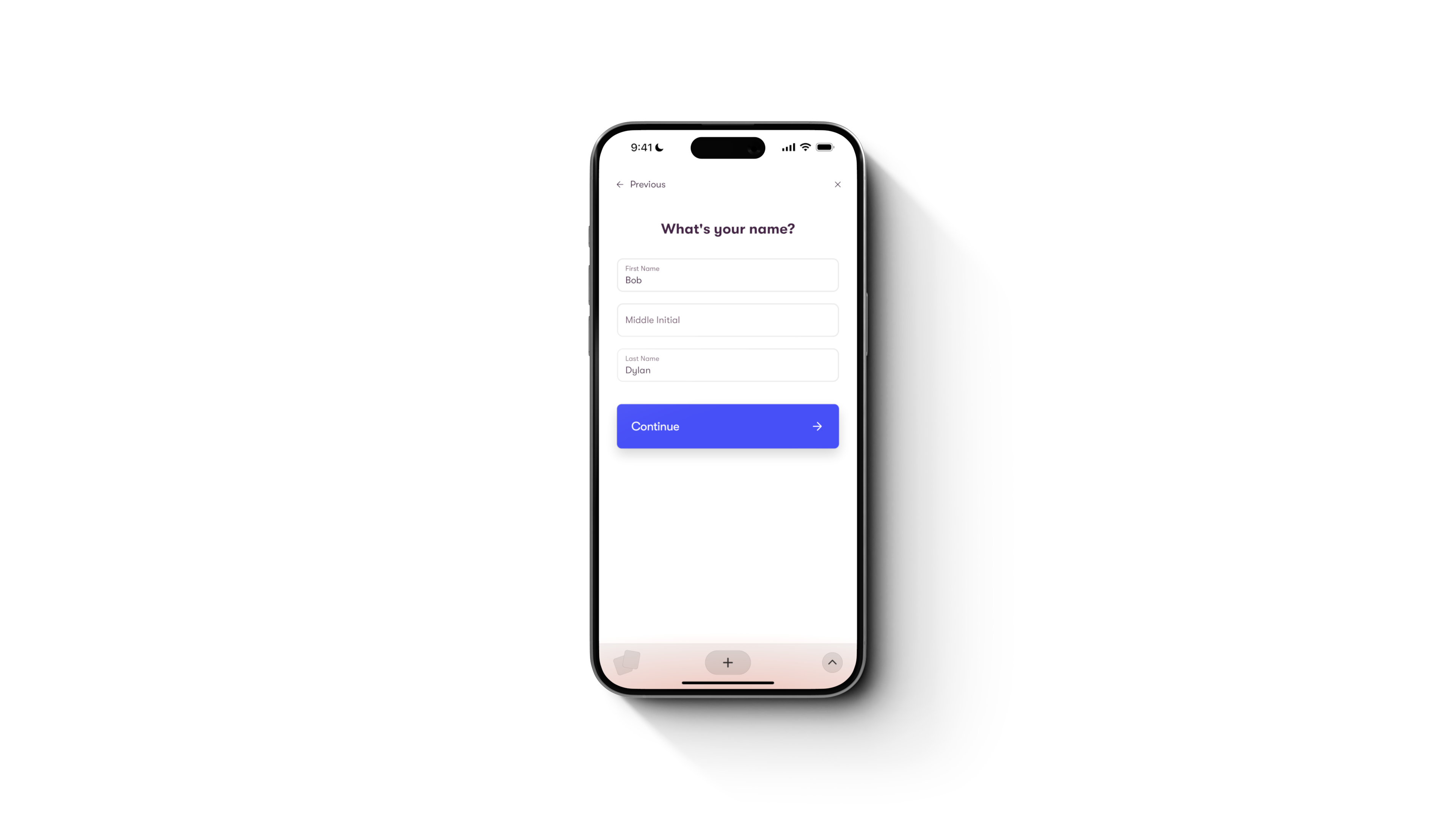monetization_on
Main Menu
Shop at Wes Finch
chevron_rightFinance
chevron_rightService & Parts
chevron_rightAbout
chevron_rightLike this feature? See all vehicles with
Like this feature? See all vehicles with
Like this feature? See all vehicles with


